Stress Test Systems
Stress test systems are tools and methodologies used to evaluate the performance and stability of various systems under extreme conditions or workloads. These systems are crucial in various fields such as finance, healthcare, engineering, and IT.
Overall, stress test systems are essential for identifying potential weaknesses, improving reliability, ensuring compliance with standards, and preparing for unexpected conditions. They help organizations and industries mitigate risks and enhance the robustness and resilience of their systems and products.
Description
Stress Test Systems
Stress test systems are tools and methodologies used to evaluate the performance and stability of various systems under extreme conditions or workloads. These systems are crucial in various fields such as finance, healthcare, engineering, and IT. Here are some key areas where stress test systems are commonly applied:
- Information Technology (IT) and Software:
- Load Testing: Assessing how software applications perform under heavy loads. This includes simulating multiple users accessing the system simultaneously.
- Performance Testing: Evaluating the response times, throughput, and resource utilization of applications under normal and peak conditions.
- Scalability Testing: Determining the system’s capacity to scale up or down based on demand.
- Financial Sector:
- Banking Stress Tests: Used by financial institutions to ensure they have enough capital to withstand economic shocks. Regulatory bodies often mandate these tests.
- Risk Management: Evaluating the impact of extreme market conditions on investment portfolios and financial models.
- Healthcare:
- Medical Devices: Ensuring that medical devices operate correctly under various stress conditions, such as electrical or mechanical stress.
- System Reliability: Testing the robustness of healthcare IT systems, such as electronic health records (EHR) systems, to ensure they can handle high usage and data loads.
- Engineering:
- Structural Testing: Assessing the strength and durability of materials and structures under stress conditions, such as pressure, temperature, or load.
- Product Testing: Evaluating how products perform under extreme conditions to ensure they meet safety and reliability standards.
- Automotive and Aerospace:
- Vehicle Stress Testing: Ensuring vehicles can handle various stressors like extreme temperatures, high speeds, and rough terrains.
- Aerospace Testing: Evaluating the performance of aircraft components and systems under extreme flight conditions.
Overall, stress test systems are essential for identifying potential weaknesses, improving reliability, ensuring compliance with standards, and preparing for unexpected conditions. They help organizations and industries mitigate risks and enhance the robustness and resilience of their systems and products.

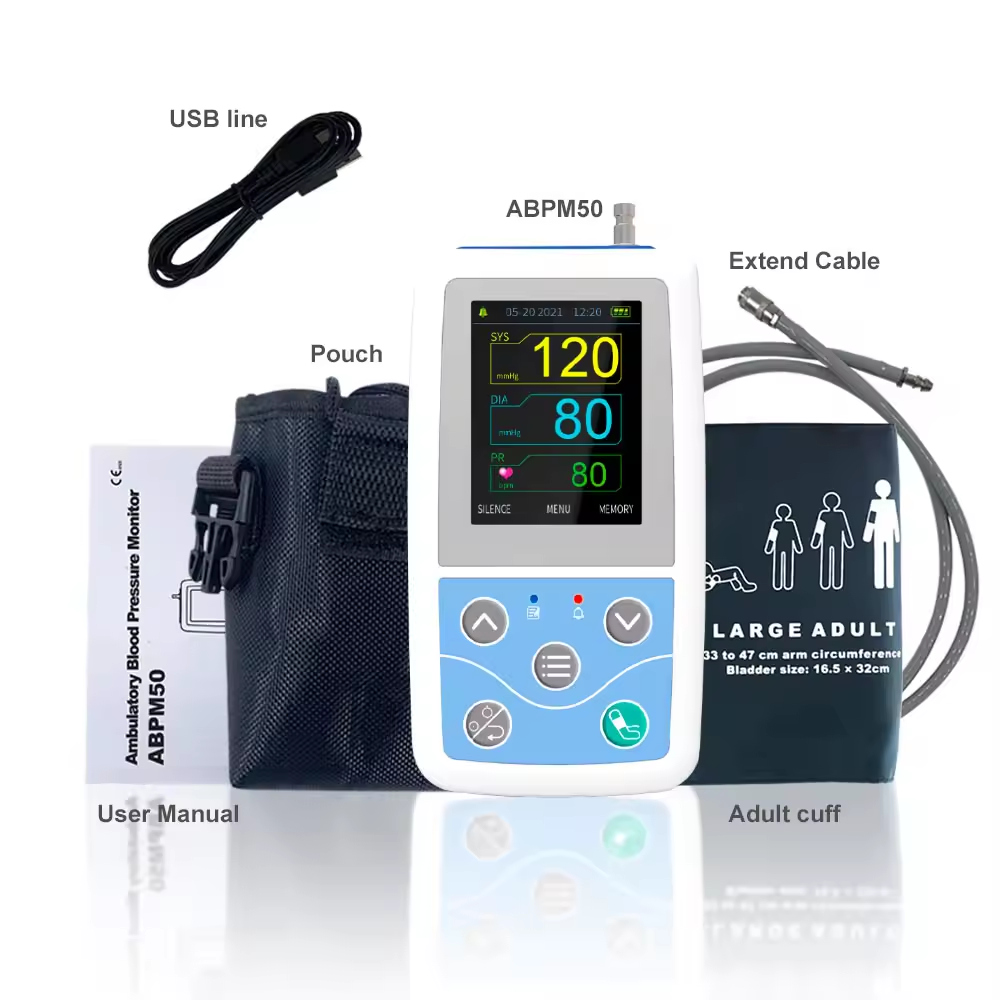


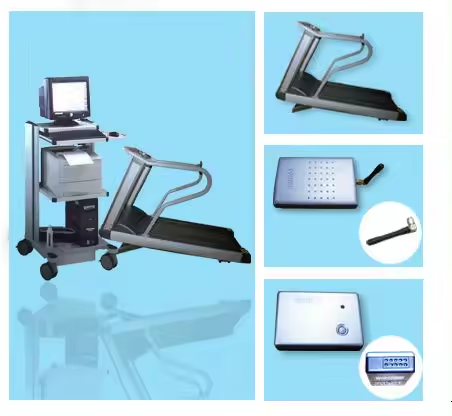



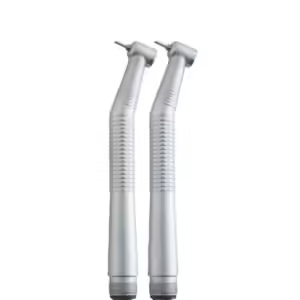
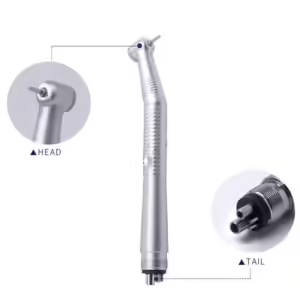
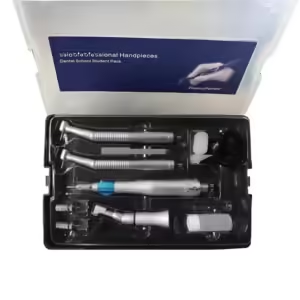








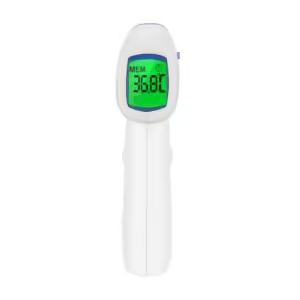



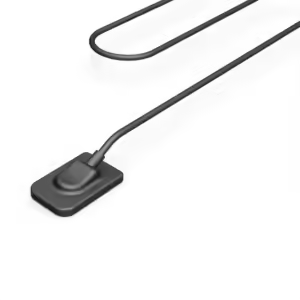


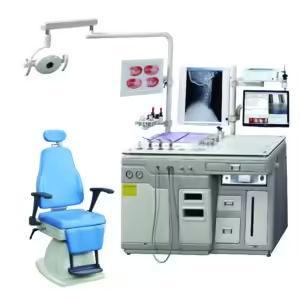
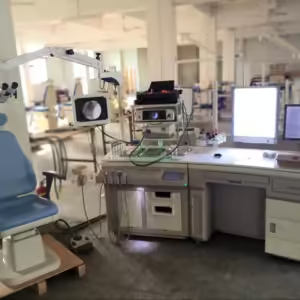




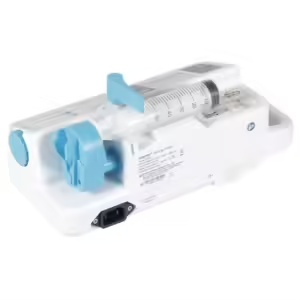





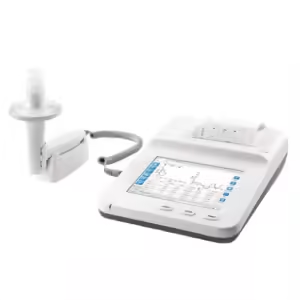




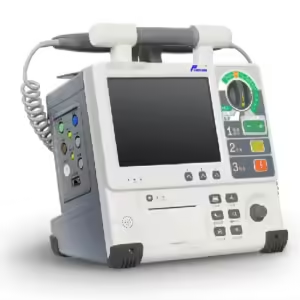





Reviews
There are no reviews yet.